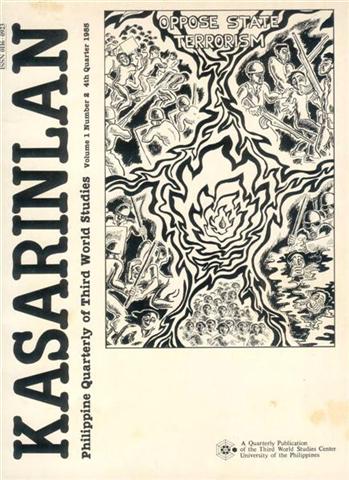Case Study: ZOTO and the Twice-told Story of Philippine Community Organizing
Abstract
This case study focuses first on Zone One Tondo Organization, the famed ZOTO that rallied thousands of people to its cause of community organization in Tondo, Metro Manila during the mid-1970s. It continues with an analysis of PECCO or Philippine Ecumenical Committee for Community Organization, a harbinger of the gospel of community organizing or CO, reminiscent of liberation theology as well as Alinsky and Marxist ideology. With these focus points, a study on variations of the CO theme leads to the discovery that these variations boil down to two basic molds: one that is strong on autonomy and self-organization, but lost in the larger maze of politics; the other, infused by the dynamics of the national democratic struggle, but weak in the basics of organization. This case study is instructive on the limits and strengths of community organizing and on the various challenges it faces. It seeks to present a fuller and infinitely richer picture of reality, tracing CO's advance on the path of development or liberation.
Published
2007-11-20
How to Cite
HONCULADA, Jurgette A..
Case Study: ZOTO and the Twice-told Story of Philippine Community Organizing.
Kasarinlan: Philippine Journal of Third World Studies, [S.l.], v. 1, n. 2, p. 13-24, nov. 2007.
ISSN 2012-080X.
Available at: <https://journals.upd.edu.ph/index.php/kasarinlan/article/view/504>. Date accessed: 01 sep. 2025.
Issue
Section
Features
Keywords
ZOTO; Community Organizing; Zone One Tondo Organization; Philippine Ecumenical Committee for Community Organization; Marxist ideology; community organization; liberation
By submitting a manuscript, the authors agree that the exclusive rights to reproduce and distribute the article have been given to the Third World Studies Center.



